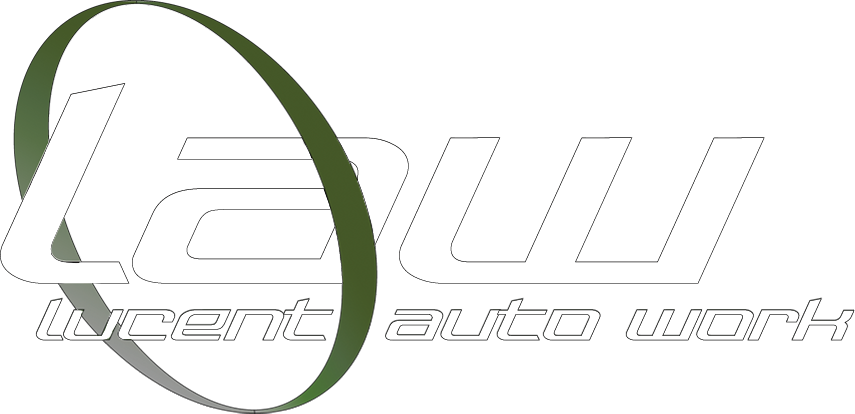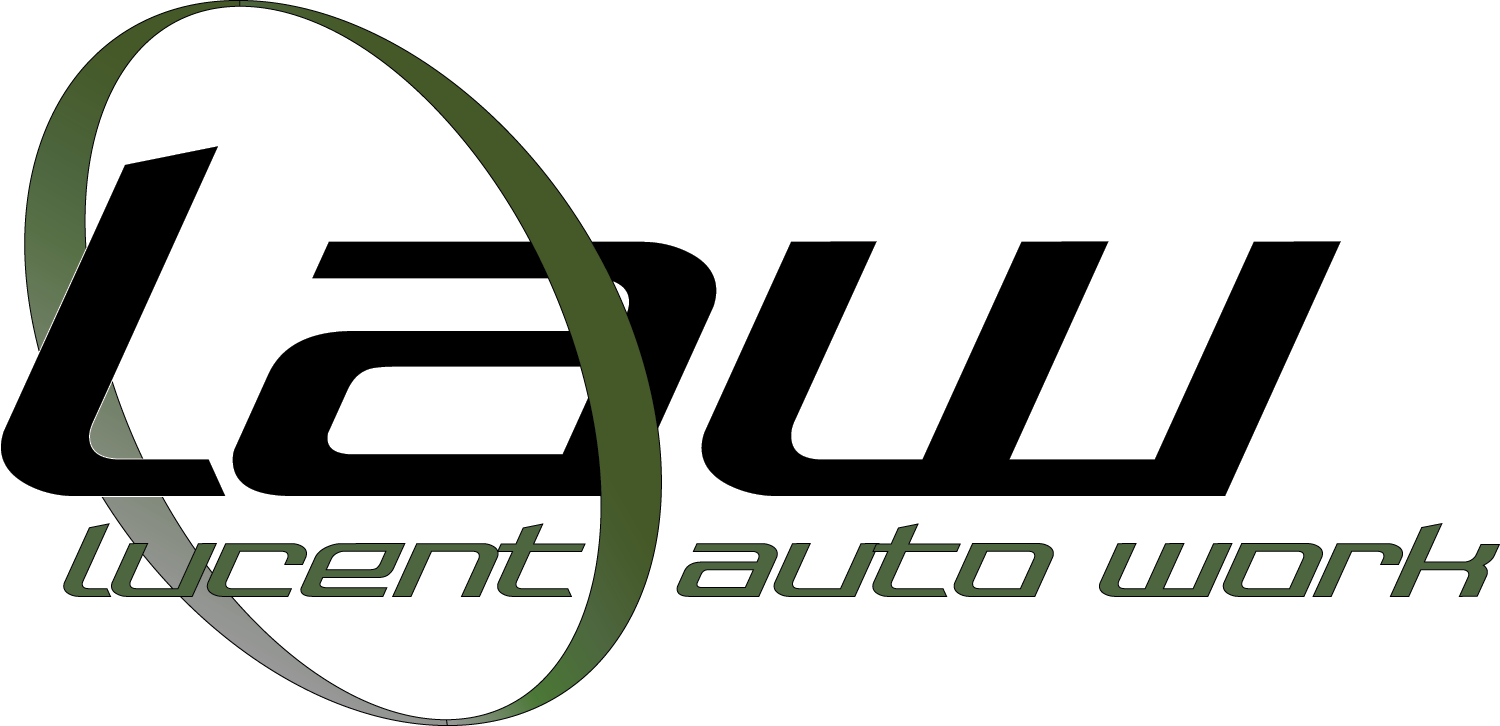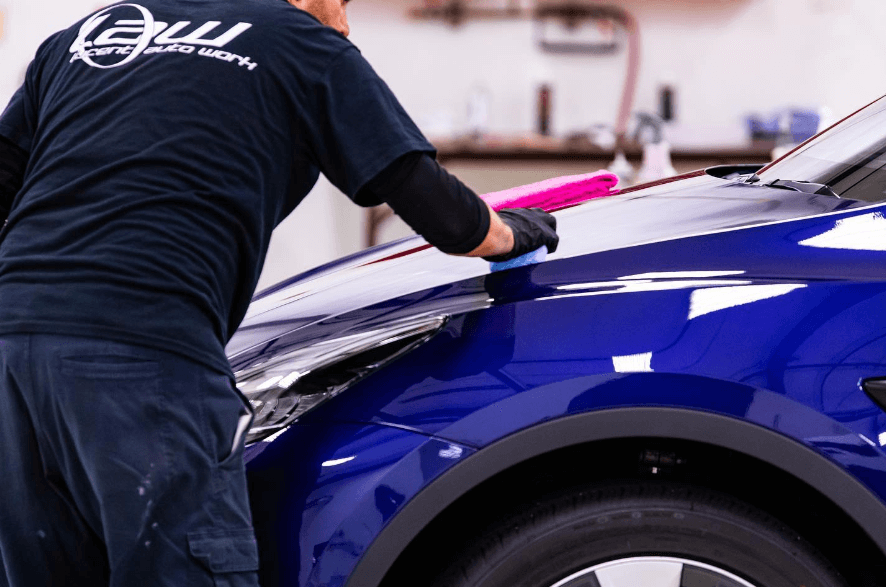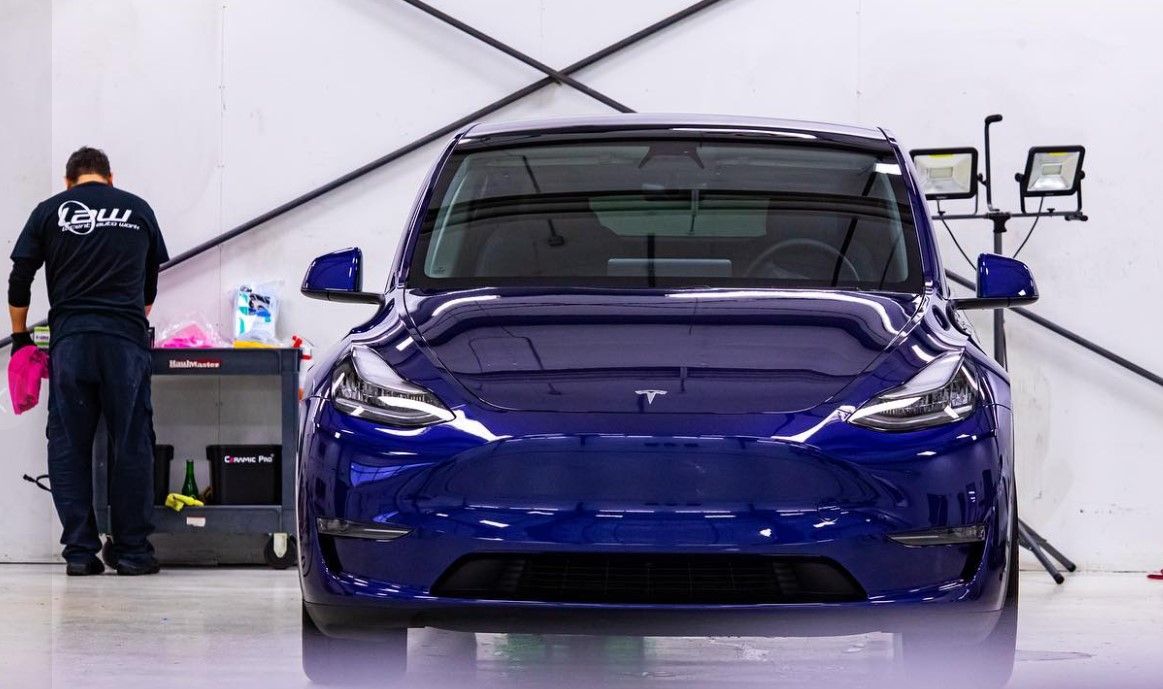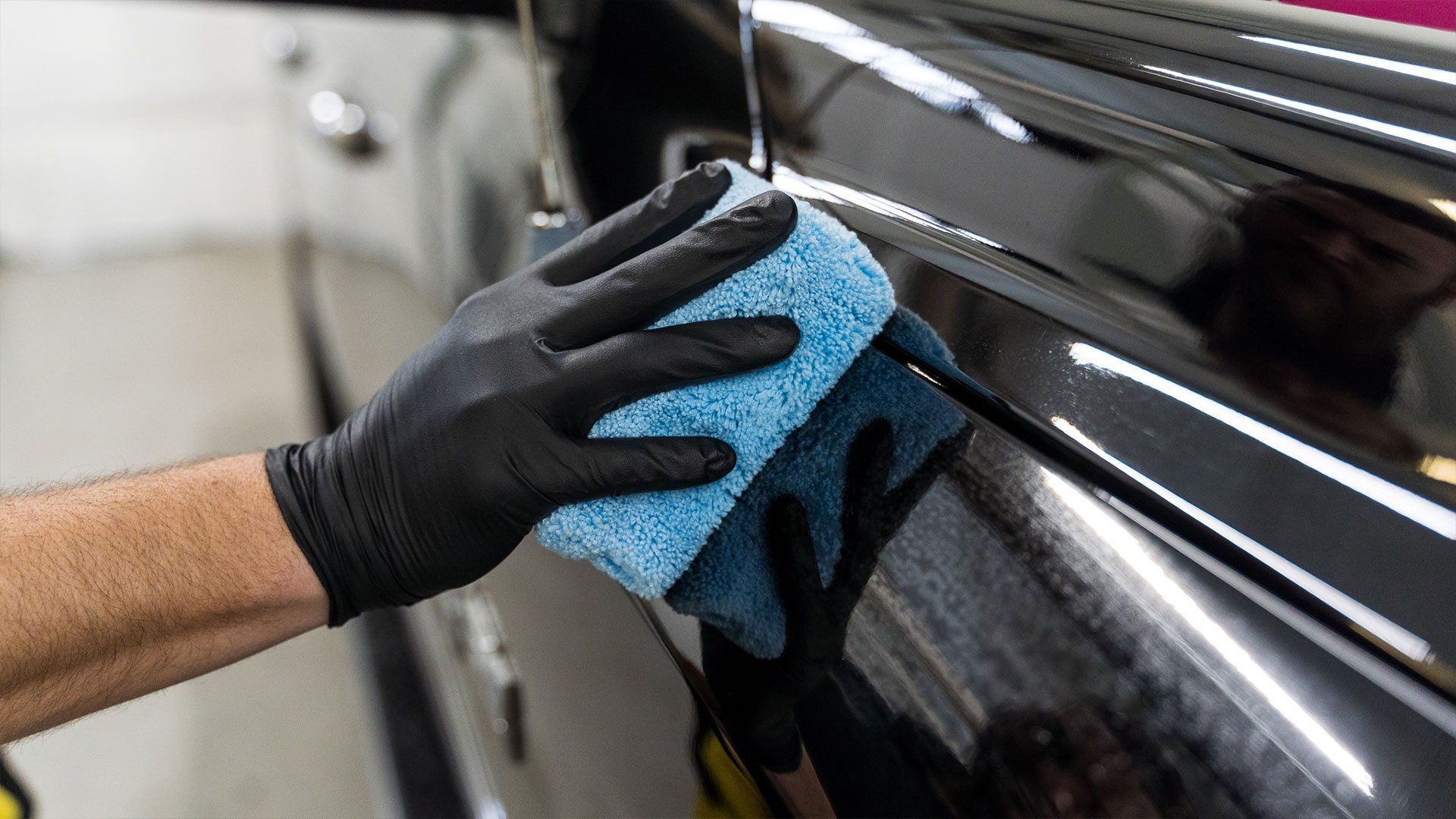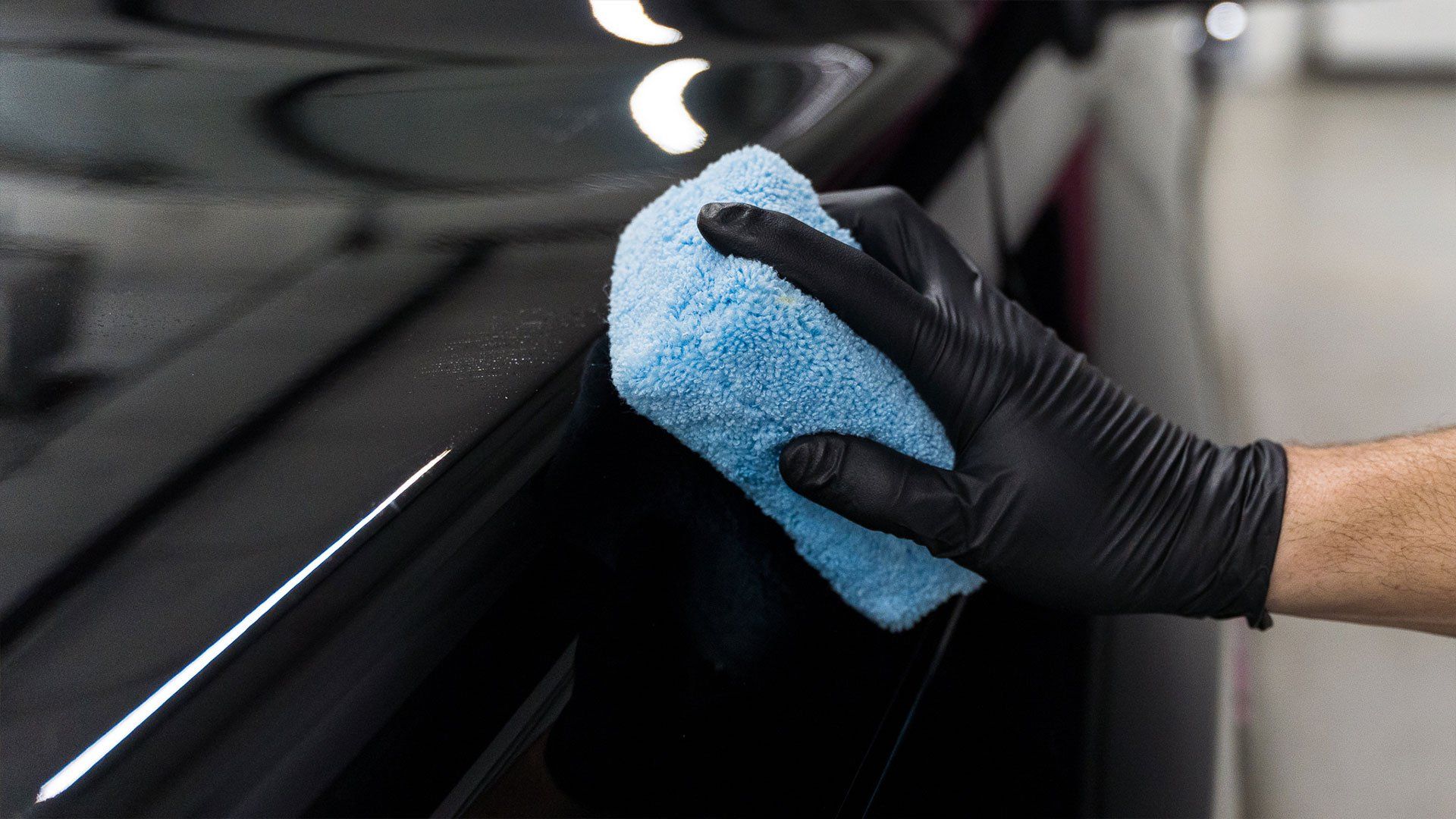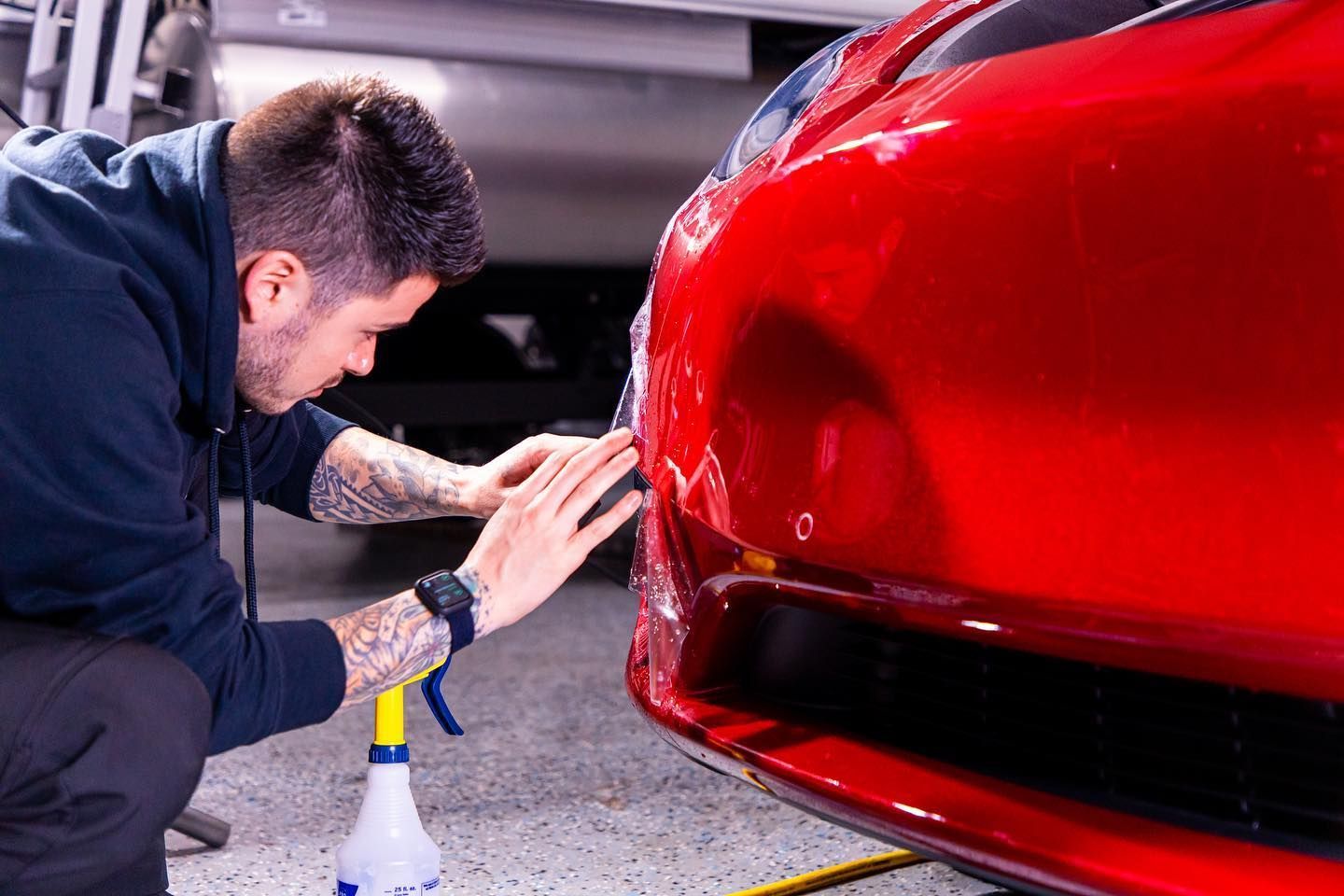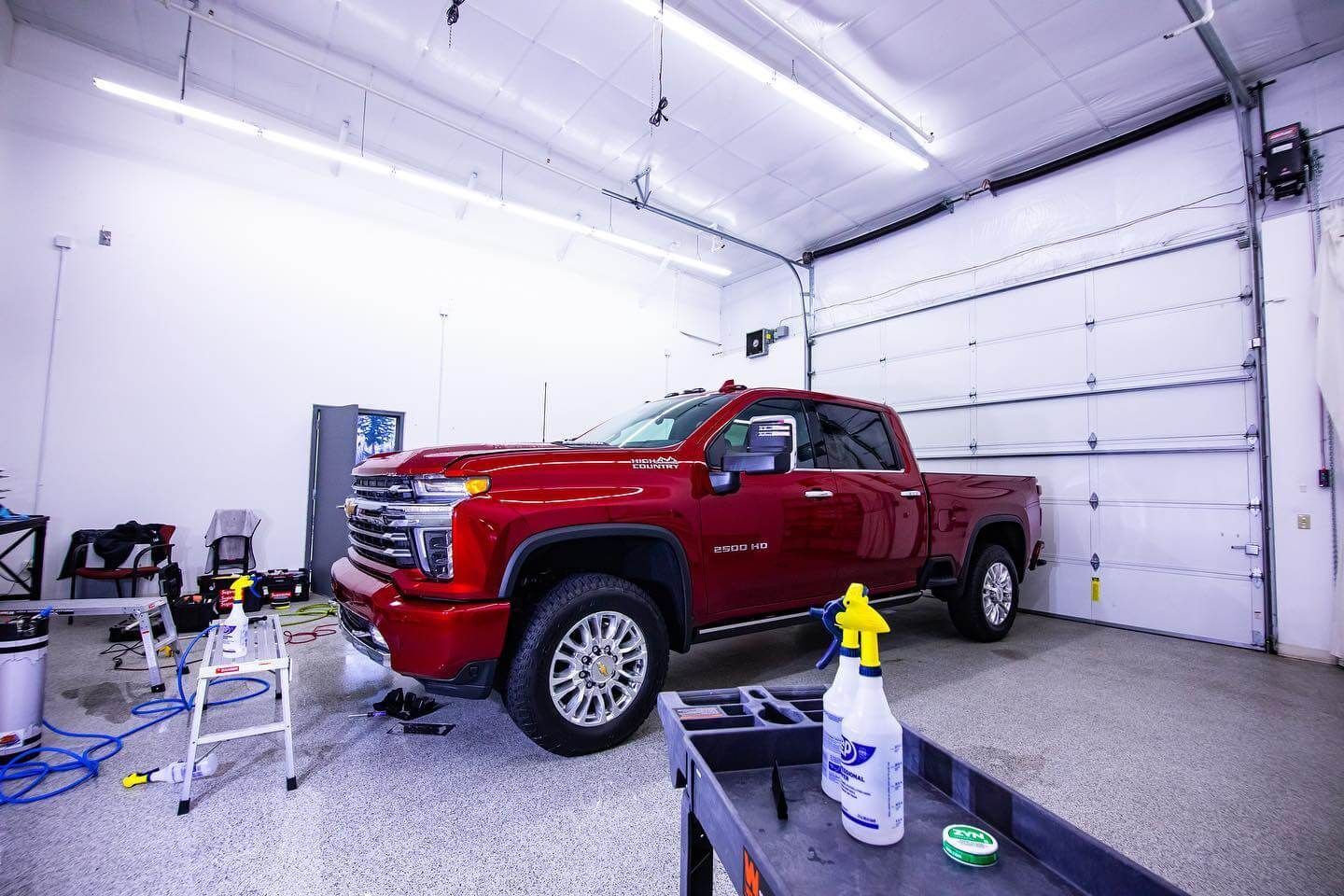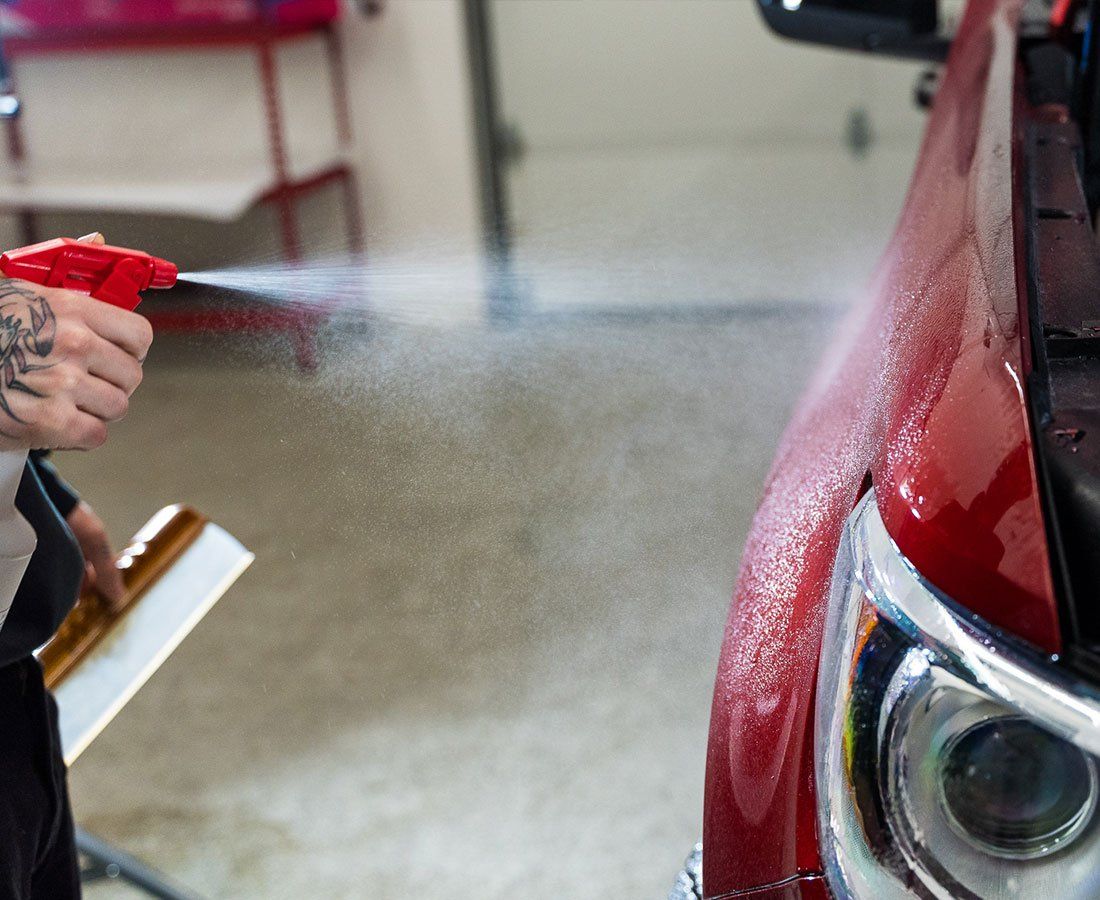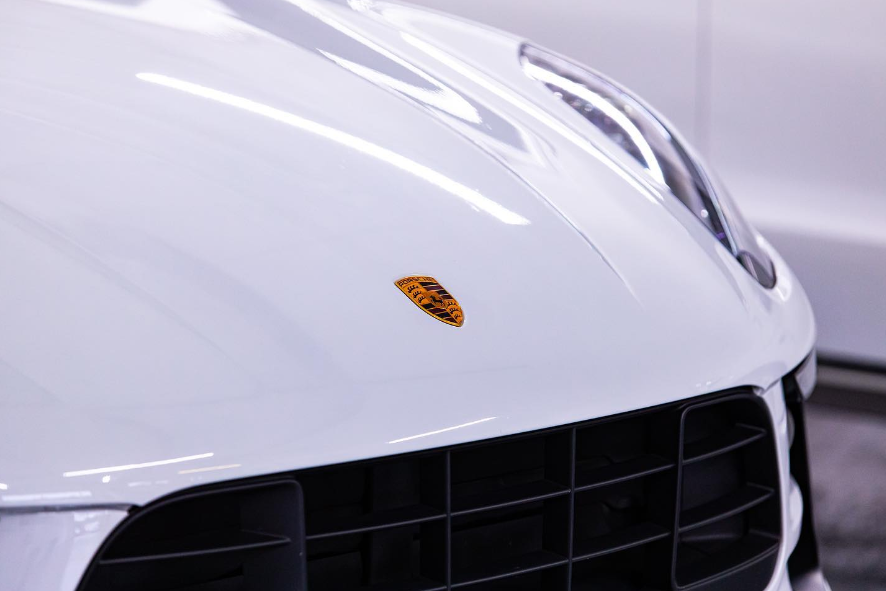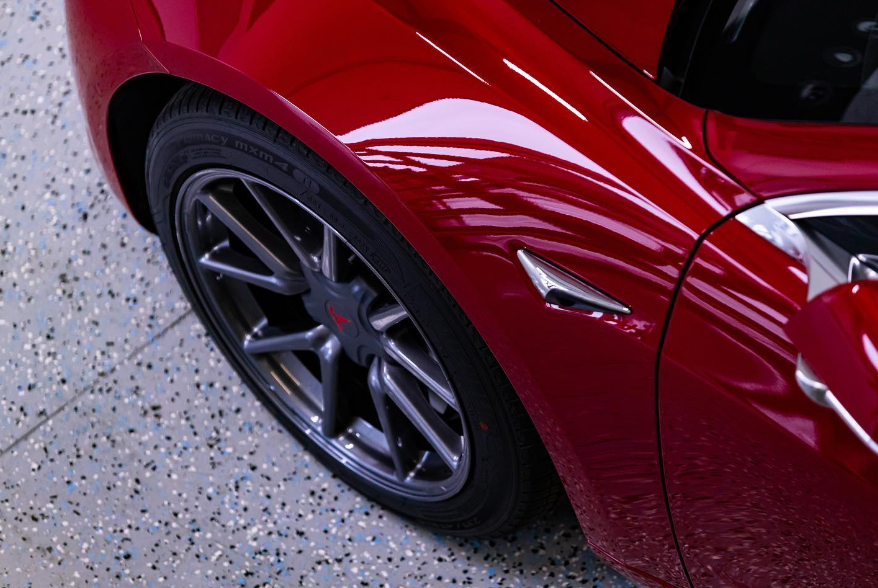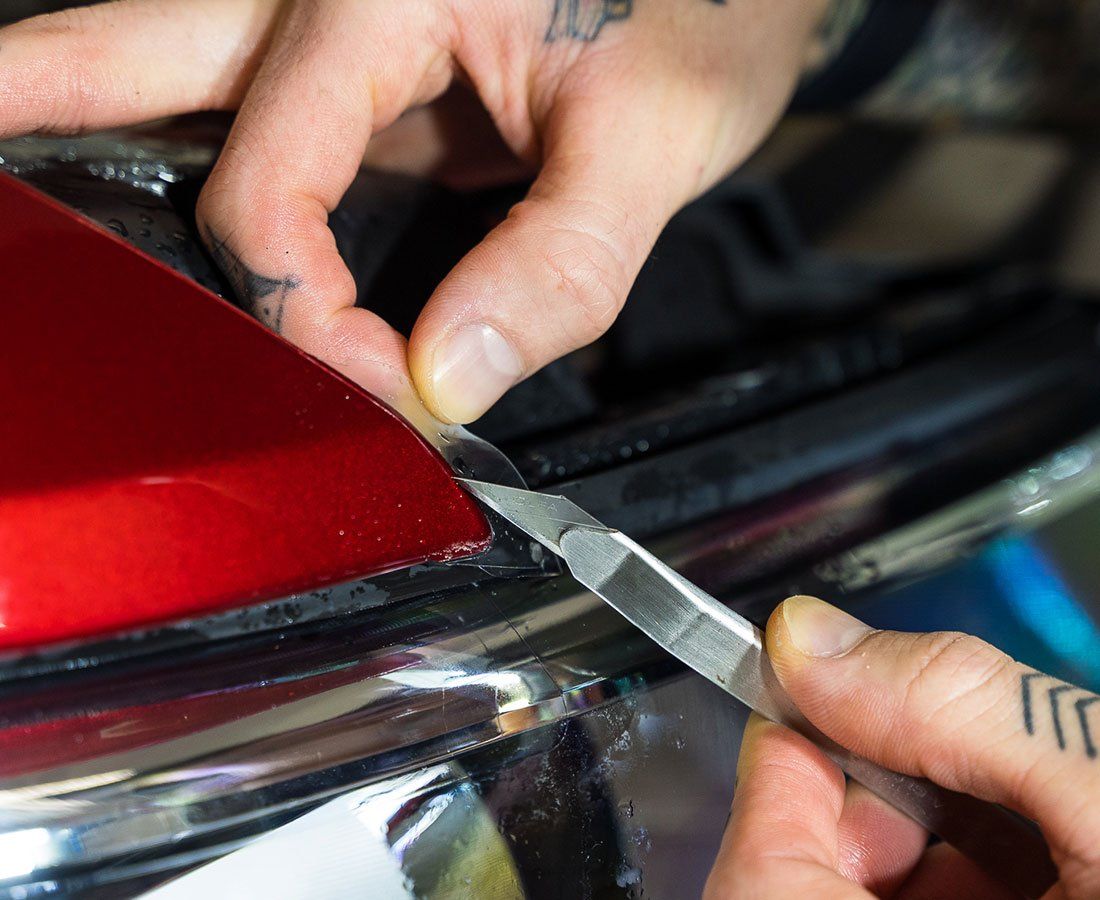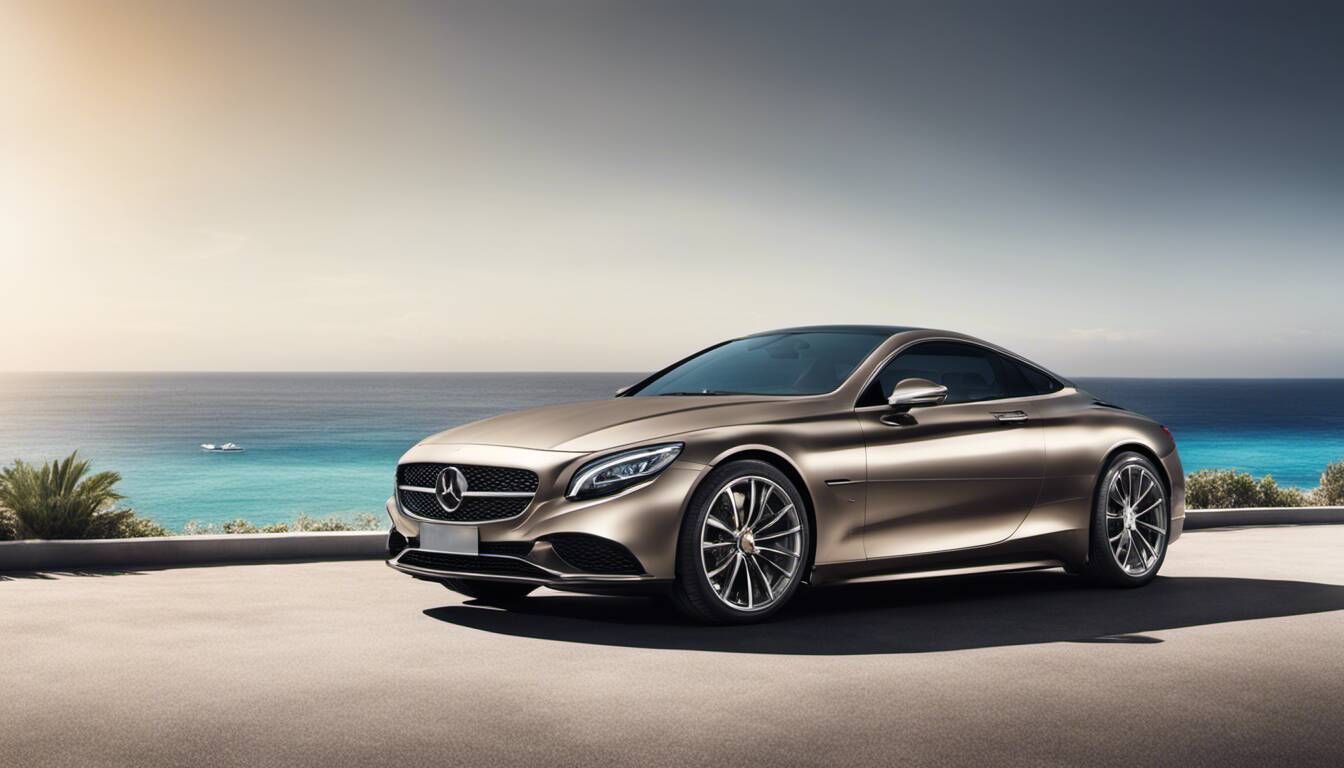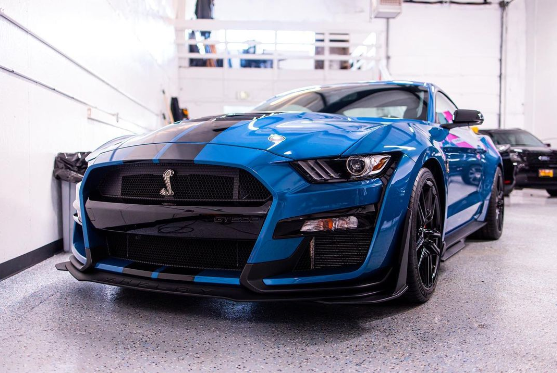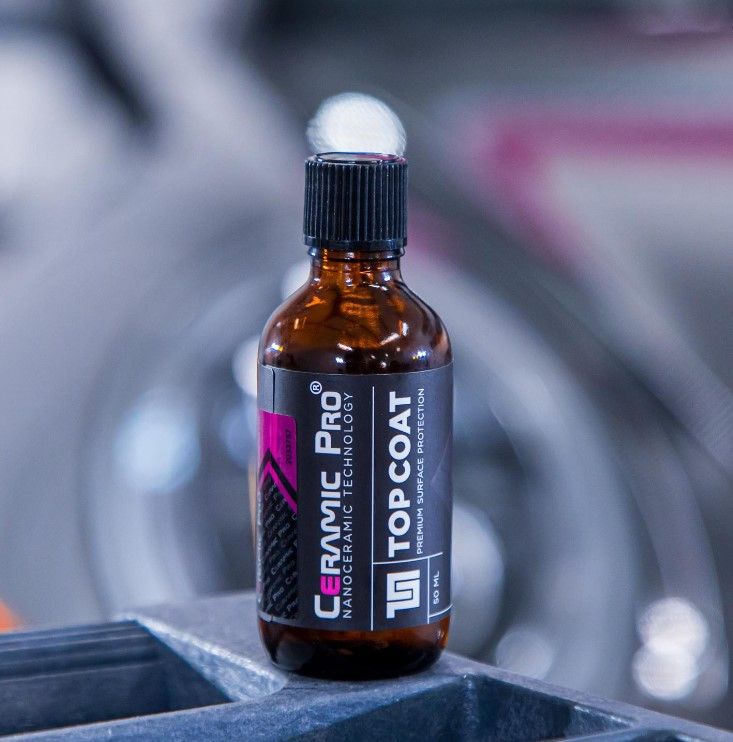Ceramic Coating vs. Waxing: Understanding Key Differences for Car Detailing
CALL (253) 533-6776Ceramic coatings and waxing both have roles in keeping your vehicle’s shine, but they're very different. Ceramic coatings form a strong union with the car's surface, forming a durable guard against harsh weather and dirt. Imagine an invisible helmet that lasts for years. Waxing, on the other hand, adds a flexible layer that gives your car a glossy shine like a new toy every time you apply it, usually every 4-6 weeks.
The key differences lie in durability and application. Ceramic coatings offer long-lasting protection (2-5 years) with high resistance to various elements, while waxing typically requires reapplication every 4-6 weeks. Additionally, ceramic coatings create a chemical bond with the surface that ensures better durability than traditional waxes.
Ceramic Coating vs. Waxing: Unraveling the Conflict
Making decisions about keeping your car looking pristine involves weighing the options between ceramic coating and waxing. Each method has unique benefits and drawbacks, and both boast passionate supporters.
Let's first focus on the composition of these two products. Wax is typically derived from substances like carnauba, montan, or paraffin. It requires additives such as solvents and oils to achieve spreadability and protection. In contrast, ceramic coatings are a recent innovation, formulated using advanced chemical compounds to create a potent bond with the car's surface. By forming this chemical bond, ceramic coatings offer high durability and resistance to water, UV rays, and environmental contaminants.
Now, turning our attention to the application process, waxing typically involves using an applicator pad in a shaded area on a cool surface. After application, it needs time to haze before being buffed out with a microfiber towel. On the flip side, applying ceramic coating involves carefully reading the specific instructions for application, which can involve misting the panel with the coating and distributing it evenly with a towel. When it comes to longevity, wax generally needs reapplication every 4-6 weeks for general-use cars to maintain its protective properties, while ceramic coatings can provide years of protection due to their high durability and resistance to environmental elements.
In terms of protective benefits, both wax and ceramic coatings act as sacrificial layers to protect the vehicle's exterior from sun exposure, moisture, and environmental pollution. However, ceramic coatings provide better protective benefits compared to carnauba wax in terms of durability, water spot resistance, and overall surface protection. Therefore, when deciding which method is more suitable for your needs, personal preference plays a significant role. Wax offers a warm glow and depth that is perfect for special events or occasions when you want your car to look its best. On the other hand, ceramic coatings are ideal for daily drivers that face harsh conditions and require long-lasting protection. If you live in an area with extreme weather conditions or find yourself driving in tough terrain frequently, investing in a ceramic coating might be a smart choice. It provides an added layer of defense against environmental hazards. While there's often debate over whether one is definitively better than the other, it's worth exploring whether using both methods together could provide additional benefits or whether it could lead to redundancy given their distinct properties.
Longevity Comparison: Ceramic Coating vs. Waxing
Let's talk about staying power. When it comes to keeping your car's paint protected, longevity is a big deal. Ceramic coatings shine in this department; with the right care, they can keep your car looking sleek and shiny for 2 to 5 years or even longer. The chemical bond they create with the surface provides long-lasting durability against the elements. This means you won't have to spend your weekends applying new layers of protection as often as you would with traditional waxing. On the other hand, with wax, you'll typically need to reapply it every 4 to 6 weeks for general-use cars to maintain its protective benefits.
Detailing Differences: Relative Durability
When it comes to maintaining your car's pristine appearance, the choice of protective treatment significantly matters. Ceramic coatings and traditional waxes offer varying levels of durability and safeguarding for your vehicle's paintwork. Ceramic coatings are specifically formulated to forge a chemical bond with your car's surface, delivering exceptional durability that far exceeds traditional waxing. This results in outstanding resistance to water, UV rays, environmental pollutants, and even harsh detergents. Consequently, these coatings prove ideal for daily drivers battling tough conditions, ensuring enduring protection against the elements and environmental hazards.
In contrast, traditional waxes are renowned for bestowing a warm and deep glow on your car's paintwork. Despite providing a captivating aesthetic appeal, wax fails to match the long-term durability and resilience offered by ceramic coatings. For instance, using traditional wax on a daily driver exposed to extreme weather and frequent contaminants may not afford sufficient protection in the long run. Conversely, the application of ceramic coatings can guarantee that your vehicle maintains its glossy finish and provides reinforced protection against harsh environmental effects.
With these insights into their relative durability, it becomes evident that ceramic coatings offer a superior level of defense against the everyday wear and tear that your car faces, rendering them an ideal choice for those seeking long-lasting protection without compromising on visual appeal.
Unpacking the Application Process
When it comes to applying these protective coatings to your car’s paint, the difference is not just in what you apply but also in how you apply them. Applying ceramic coating involves thorough cleaning and surface preparation to ensure it's free from contaminants and any previous protection solutions like wax. This isn't a job you can rush through; it requires time and careful consideration, which is why it is recommended to have a professional ceramic coating application. Generally, professionals need to mist the panel with the ceramic coating and then distribute it with a quality microfiber applicator or towel. It's essential for professionals to work on a cool surface in a shaded area to allow for an even spread, avoiding sun exposure that can cause the coating to dry too quickly, leading to unsightly high spots that are difficult to remove.
Moving on to wax application, it's more straightforward in comparison. You simply need the right applicator pad and a reputable wax product. After giving your car a good wash, find a shaded area where you can comfortably work. Apply the wax using the applicator pad, distributing it thinly and evenly across the surface of your vehicle. Then, allow it to haze over before buffing it out with a clean microfiber cloth. This process will ensure that the wax is evenly spread and offers adequate protection.
Financial Assessment: Cost Analysis
When deciding between ceramic coatings and traditional waxing for your car's detailing, it's essential to consider the financial aspects. Ceramic coatings may require a higher initial investment than waxing, but they offer long-term protection that potentially offsets the need for frequent waxing. Ceramic coating products are designed with longevity in mind. While this means the upfront cost is higher, especially if you're getting a professional application, it also means that you won't need to spend as much time or money maintaining your car’s exterior over the long haul. On the other hand, traditional waxing is more cost-effective upfront, but it demands regular reapplication every few weeks, resulting in ongoing costs. This recurring expense can add up significantly over time.
To put things into perspective, consider this analogy: Choosing between ceramic coating and waxing is like deciding between buying disposable paper plates or investing in sturdy, reusable ones. The initial investment in reusable plates might be higher, but you save money over time since you don't have to keep buying new ones. Additionally, when comparing costs, you should take into account the frequency of reapplications needed for waxing. With waxing, the product wears off relatively quickly, necessitating reapplication every few weeks. This not only requires continuous expenditure on purchasing wax but also demands your time and effort to reapply it frequently.
Additionally, consider the opportunity cost of regular reapplication. The time spent repeatedly waxing your car could be put towards other activities. Whether it's spending quality time with your loved ones, pursuing hobbies, or simply relaxing after a long day, there's value in not having to spend hours maintaining your car's shine. By conducting a thorough cost analysis, we gain a clearer understanding of how the initial investments and ongoing maintenance requirements differ between ceramic coatings and waxing.
Unveiling Advantages: Pros and Cons of Ceramic Coating and Waxing
When it comes to protecting your car's paint, both ceramic coating and waxing come with their own set of benefits and drawbacks. Let’s begin by unraveling the unique advantages of ceramic coatings.
Ceramic Coating: Ceramic coatings offer long-lasting protection against chemicals, UV rays, and harsh weather conditions. Once applied, they form a permanent bond with the car's paint, creating a durable shield that can last for several years without requiring regular reapplication. This durability leads to less maintenance overall, saving both time and money in the long run. Additionally, the hydrophobic properties of ceramic coatings make water bead up and roll off the surface, contributing to easier cleaning and maintenance—an essential advantage for car owners. However, it's important to note that while ceramic coating offers impressive protection, the application process may be intricate for some users, potentially requiring professional assistance for optimal results.
Waxing: Wax provides a warm and glossy finish that accentuates the visual appeal of your vehicle, making it ideal for special events or occasions. Its affordability and ease of application make it an attractive option for individuals who prefer a DIY approach to car detailing. However, it requires more frequent reapplication compared to ceramic coatings due to its temporary nature. While wax can offer decent protection against environmental elements such as rainwater or mild sunlight exposure, it may not provide the same level of durability and long-term resistance as ceramic coating. This means that the benefits of waxing should be balanced with the need for consistent upkeep.
Quality Ceramic Coating Installations in Tacoma, WA
Elevate your vehicle's allure with Lucent Auto Work, the epitome of quality ceramic coating installation services in Tacoma, WA. Our skilled team is dedicated to enhancing and protecting your car's finish with precision and expertise. Trust us to apply top-tier ceramic coatings that provide an enduring shield against dirt, UV rays, and environmental contaminants. Experience a showroom-worthy gleam and unparalleled protection as we elevate your car's aesthetic appeal. Choose Lucent Auto Work for supreme craftsmanship and a commitment to excellence in ceramic coating installation. Schedule your service today by calling us at (253) 533-6776 and let us redefine the brilliance of your drive in Tacoma!
